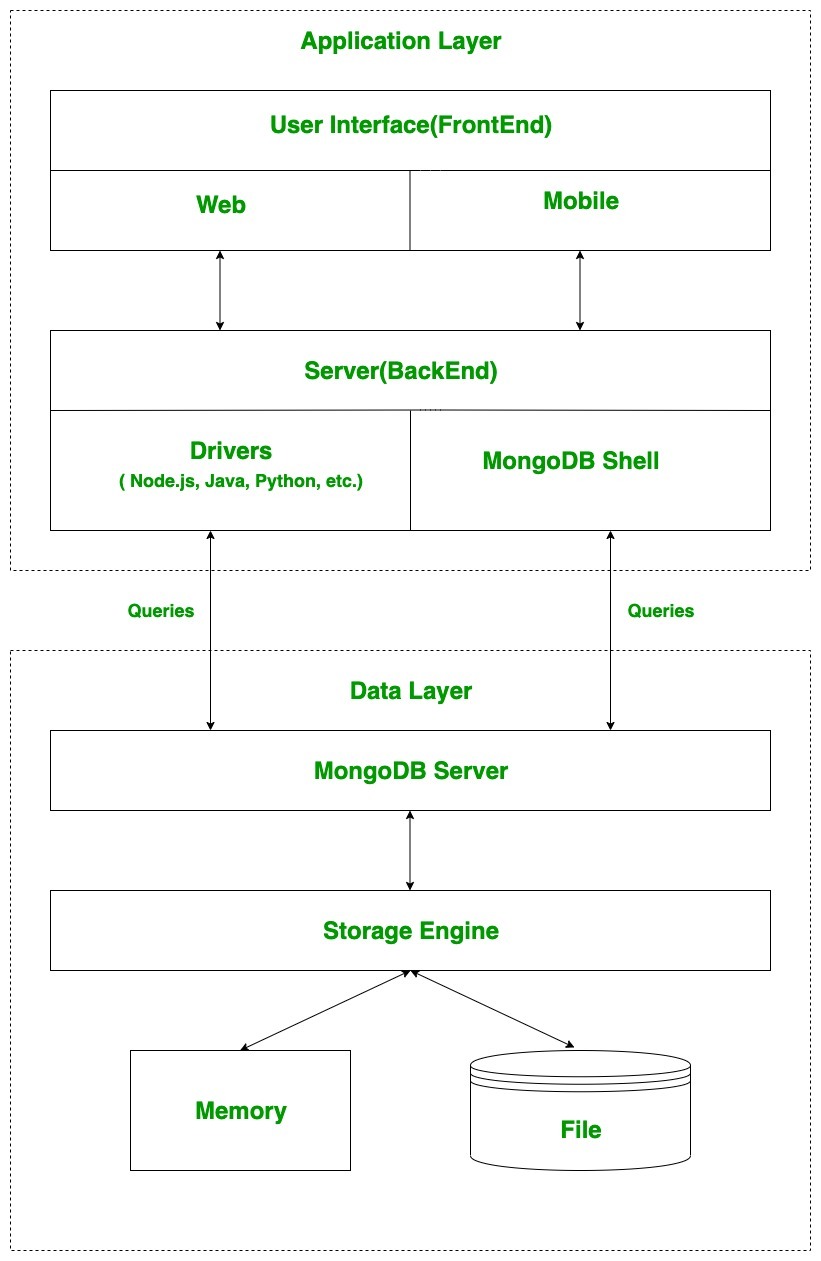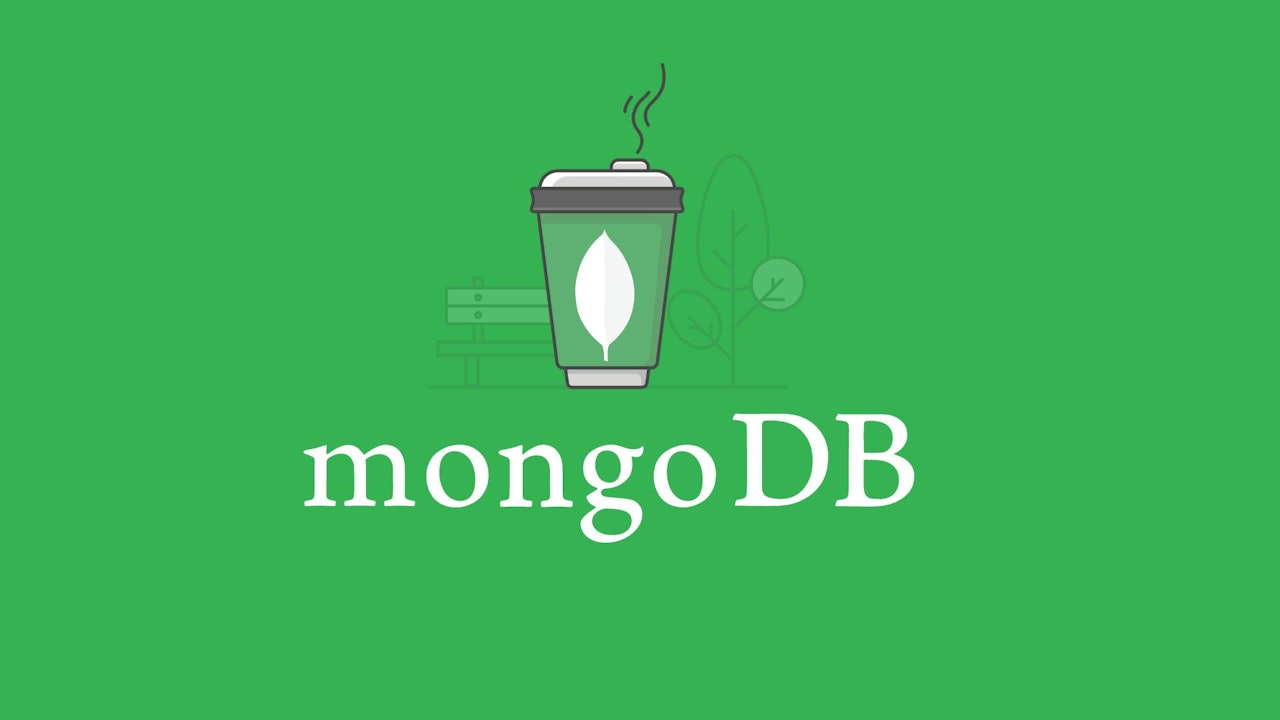This article was first published on my own blog here
What is MongoDB
MongoDB is a document-oriented NoSQL database for storing large amounts of data. MongoDB uses collections and documents instead of tables and rows, as in traditional relational databases. MongoDB is a database that first appeared in the mid-2000s.
The NoSQL database is a replacement for traditional SQL databases, and it includes almost all of the functionality found in RDBMS (Relational Database Management Systems) systems. Due to its simple architecture, support for both horizontal and vertical scalability, and easy and simple control over the data, NoSQL databases have grown considerably more popular in recent years than in the past.
It allows programmers to store data in the database according to their program's real requirements. We can't get this kind of functionality with a standard RDBMS database.

Advantages of MongoDB
- When compared to relational databases, performance tweaking is a breeze.
- Very easy to scale.
- Because it is a NOSQL database, it is inherently secure because no SQL injection can be performed.
- The document query language supported by MongoDB plays a vital role in supporting dynamic queries.
- MongoDB does not need the use of a virtual machine.
- Due to the fact that it stores data in internal memory, it allows for quicker data access.
- There is no requirement to relate application objects to data objects.
- MongoDB may also be utilised as a file system, which makes load balancing much easier.
- There is a substantial quantity of documentation accessible.
what makes MongoDB popular?
- High Performance : At any size, NoSQL (MongoDB) databases are designed to offer excellent performance in terms of both throughput and latency.
- Flexible Data Model : The document data format in MongoDB makes it simple to store and aggregate data of any type without sacrificing complex validation rules, data access, or extensive indexing capability.
- Set of Integrated Features : Analytics, text search, geolocation, in-memory performance,data visualization, and global replication enable you to reliably and securely provide a wide range of real-time applications on a single platform. To accomplish this successfully, RDBMS systems necessitate extra, sophisticated technologies that necessitate separate integration overhead and expenditure.
- Lower TCO : MongoDB allows application development teams to be more productive. The fact that management is as simple as clicking a button means that operations teams are as well. MongoDB operates on commodity hardware, cutting expenses significantly.
- Scalability across several datacenters : MongoDB can be scaled both within and beyond geographically distant data centres, bringing new levels of availability and scalability to the table. MongoDB grows quickly with minimal downtime or changes to your application as your deployments grow in terms of data volume and performance.
MongoDB offers affordable yearly subscriptions that include worldwide support 24 hours a day, seven days a week, 365 days a year. When compared to utilising a relational database, your applications may be delivered at a tenth of the cost.
Companies that use MongoDB
Adobe, Buzzfeed, Comcast, Cisco, CodeAcademy, Craigslist, Ebay, EA, E-Harmony, Forbes, Google, Foursquare, IBM, Infosys, and the UK Government are just a few of the companies that utilise MongoDB.
Courses
Here are some great courses that helps you learn MongoDB faster
- MongoDB - The Complete Developer's Guide 2021
- The Complete Developers Guide to MongoDB
- Complete MongoDB Administration Guide
 View Website
View Website
 View Website
View Website
 View Website
View Website


Comments (0)